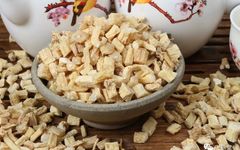The efficacy and uses of Codonopsis (Dang Shen), its consumption methods and contraindications, and suitable populations.
Codonopsis (Dang Shen) is a traditional Chinese medicine that can strengthen the spleen and replenish the middle, moisten the lungs, and tonify qi. It is also known as Shang Dang Ren Shen, Huang Shen, and Huang Dang. Codonopsis has a sweet flavor and a neutral nature, commonly used for cough due to deficiency, shortness of breath, qi and blood deficiency, internal heat leading to thirst, and spleen-lung qi deficiency. It treats general deficiency syndromes and can be used as a substitute for ginseng; however, for severe deficiency, ginseng is preferred.
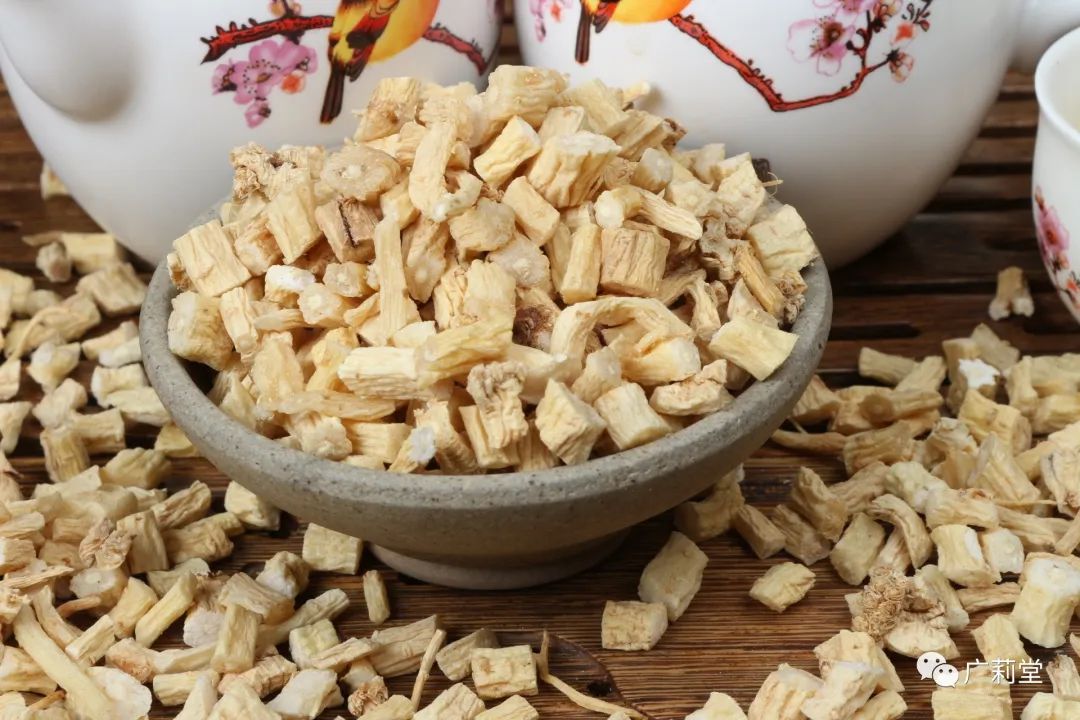
Codonopsis nourishes blood and generates fluids, having the effect of tonifying qi and blood, suitable for those with pale complexion or sallow skin, fatigue, dizziness, and palpitations due to dual deficiency of qi and blood. Additionally, the qi-tonifying effect of Codonopsis can generate fluids, making it applicable for injuries to both qi and fluids.
Codonopsis strengthens the spleen and nourishes the lungs. It has a sweet flavor and neutral nature, similar to ginseng, but with slightly weaker potency. It can be used to treat spleen qi deficiency, fatigue, and lack of energy.
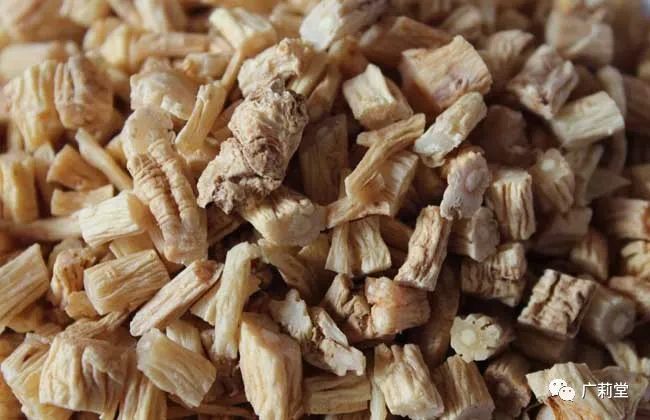
The primary function of Codonopsis is to tonify the middle and benefit qi, especially for those with qi deficiency leading to weakness in the limbs, poor appetite, and loose stools. Codonopsis can be taken to strengthen the spleen and nourish the lungs.
Codonopsis can tonify qi and nourish blood, thus patients suffering from shortness of breath, palpitations, fatigue, pale complexion, dizziness, and other symptoms due to qi and blood weakness can take Codonopsis to nourish blood.
To prevent cardiovascular diseases, Codonopsis contains substances that lower blood lipids and blood pressure, thus having a certain preventive effect on coronary heart disease and other cardiovascular conditions. Regular consumption of Codonopsis can help avoid the harms of “three highs” (high blood pressure, high blood sugar, and high cholesterol).
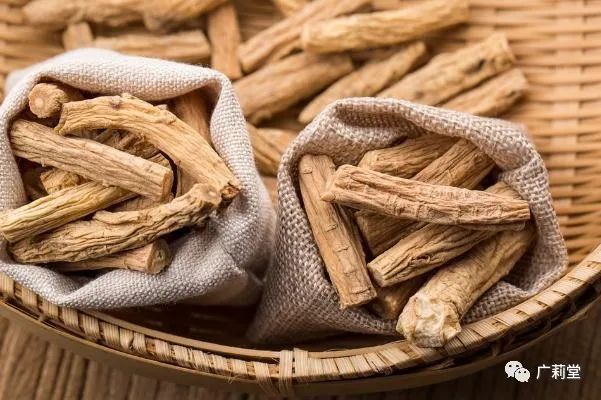
Codonopsis can promote blood circulation in the body, as well as stimulate hematopoiesis and promote the growth of red blood cells. This effectively helps enhance the body’s immunity and improve physical fitness.
In terms of digestion, Codonopsis not only tonifies qi but also balances the digestive system. Drinking soup made from Codonopsis can promote gastrointestinal digestion and the secretion of gastric juices, thus enhancing appetite and preventing the occurrence of gastric ulcers and other gastrointestinal diseases.
According to scientific research, Codonopsis can help improve learning abilities and has a calming effect, improving sleep quality.
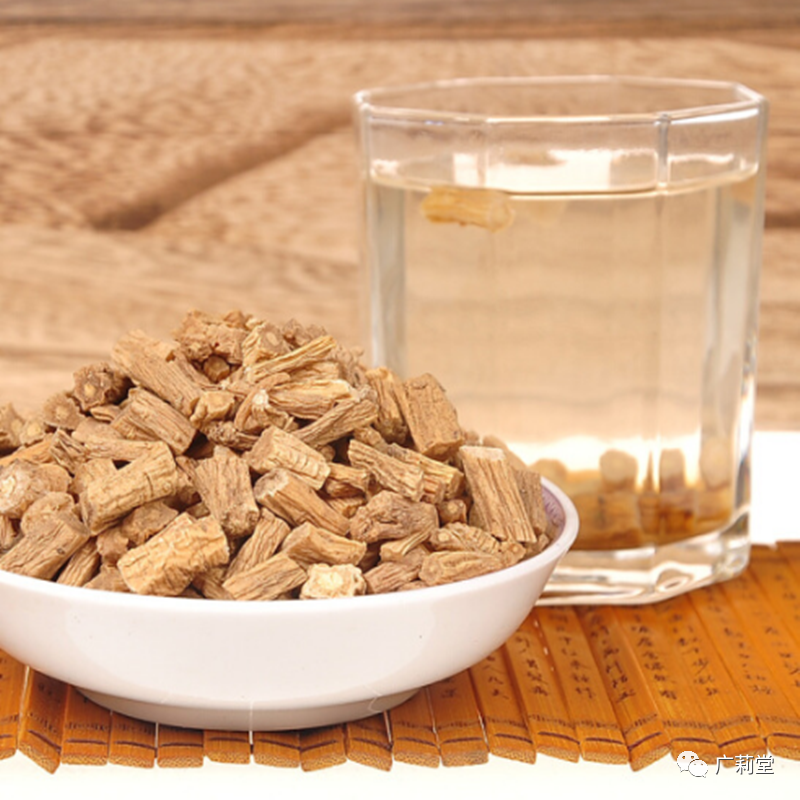
【Consumption Contraindications】
Codonopsis should not be stewed with cool foods such as fish, turtles, and ducks, as Codonopsis is a warming herb. It should not be consumed with radishes.
Due to the opposing effects of these two foods, the former is a qi-tonifying herb while the latter has qi-moving properties, they should not be consumed together.
Codonopsis should not be consumed with Li Lu (Veratrum) as it may cause poisoning due to a reaction between their active components.
It should not be taken with strong tea, as the tannins in strong tea can react with the alkaloids and heavy metal salts in Codonopsis, resulting in insoluble precipitates that affect the absorption of the medicinal properties and harm the gastrointestinal tract.
Source: Internet,for sharing purposes,if there is any infringement, please contact for deletion
The End



